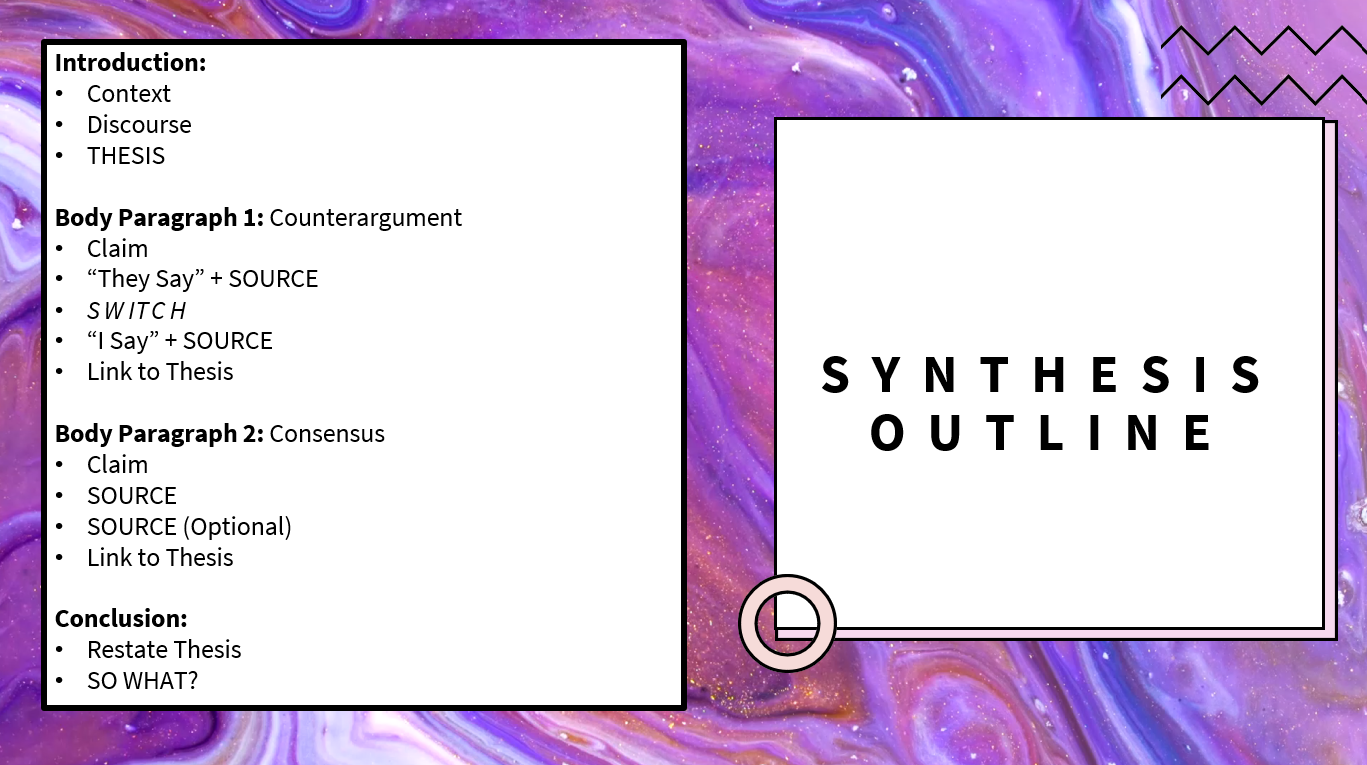|
I feel the need to capture this exact moment - the end of the 2021 AP Lang Reading. I am logged off of ONE (our scoring tool) and my little chunk of essays is in the books. I never seem to remember how this feels in January when invitations go out, so here goes... I am EXHAUSTED. In all reality, I did a small amount of scoring. Between nannying during the day and my inability to score very long via computer screen, I didn't make much of a dent. In the "normal times," I would have scored over 1000 essays, easily. Not so much this year (or last). But I did it - even when it felt seemingly impossible to score after a year like this one. And I'm glad I did. I always am. (Even though, I always make the joke that some hormone exclusive to readers makes us forget how tough it is when we sign up for another year). What I value most about being a reader is that notes I take away each year: ideas, strengths, weaknesses. I keep a short list of thoughts I want to bring into a new school year. This year, as with last year, I am excited to share these notes with you in the hopes that you too can apply them to your own teaching. 2021 Reader Advice1. A thesis is the difference between passing and failing. I cannot express how important it is for the kids to include a direct, defensible thesis. As I read essays, I often found myself waiting for the thesis to come across. Often times, the essays had a defined line of reasoning with evidence carefully and even artfully integrated from the sources. However, they never came right out and said it. ("It" being their thesis). The issue this creates is that without a thesis, they cannot score higher than a 2 on evidence and commentary. They top out at a 0-2-0. And it KILLS me every time when I can see signs of a strong writer who just overlooked that clear thesis statement. My guess - in these cases - is that they thought it was an implied thesis, when it wasn't successfully done. To be honest, implicit thesis statements are too risky. What I Plan To Do About It: I am going to encourage students to write a conclusion. As a time management strategy, I've made it a habit to tell them to skip the conclusion, but as I was reading, the unclear thesis sometimes came up in the conclusion. I can teach it as an "insurance plan," where a "backup" thesis in the conclusion might save them. My plan is to pair this with a reminder to re-read the prompt before writing the conclusion. 2. Do more with less. I read a multitude of essays that were so long that I cannot imagine those students were able to complete the other two essays. Time management is such a difficult thing to teach, but so important on the exam. Recognizing this in my own practice, I am going to emphasize being concise to save time. I noticed a pattern in the essays where teachers were encouraging the standard 5 paragraph essay with one source in each body paragraph. I can see this as a very straightforward way to teach synthesis to kids, but three well-developed body paragraphs can be time consuming (and as I noticed, VERY repetitive). What I Plan To Do About It: I am going to teach a four paragraph format (see below). This will achieve a few things: 1) Give students a functional outline and 2) Help them maximize their limited time. An added advantage to this model encourages them to find tension between sources - which is a great way to gain that sophistication point. 3. The sophistication point is NOT a unicorn. This is probably the happiest take away I got from this reading. The sophistication point is not the mythical, unachievable thing we have all perceived in the past. From the pilot reading to last year's reading to this year's reading, I have seen the expectation for the sophistication point evolve in a way that is going to help students so much. It is not about perfection. It's about moments. Students earned the point by figuring out the broader context, by finding tension between the sources, and (occasionally) with a vivid, persuasive style. Very few students can write in a vivid style on demand, so I was happy to see a de-emphasis on this as we rewarded kids for having good ideas more. What I Plan To Do About It: I know we all preach the importance of prewriting, but I think good prewriting is a direct route to the sophistication point. If students invest time upfront they can start writing with some idea of the broader context in mind. In the past, I have had students practice this with the Memorials prompt from 2013. On the surface, it is a prompt about statues, but we practice talking about WHY people care about statues and memorials. I have been playing with the idea of "Compassionate Debates" where students have to imagine all different opinions that might surround an issue or topic. Then, they pair up and I assign them a stance. Not only is it good argumentation practice, but it also pushes them to think about alternate perspectives and consider an opinion that might not be their own. As I flesh out the idea a bit more, I'll definitely share it here! So those are my notes. Now to go turn my brain off for a hot minute. Sincerely, Cwik
0 Comments
Leave a Reply. |
Archives
February 2024
AuthorSteph Cwikla has been a teacher since 2012, focusing on ELA curriculum. Now, she also works as an instructional coach, helping other teachers improve engagement and instruction. |

 RSS Feed
RSS Feed